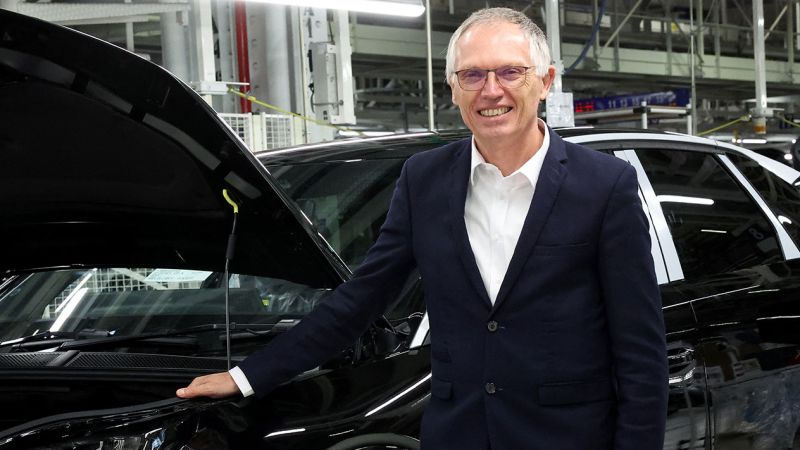Stellantis, the parent company of Chrysler, announced that CEO Carlos Tavares will be retiring at the end of his contract in early 2026. The announcement came as the company struggles to improve its North American operations, which have been experiencing declining earnings and sales. Last week, Stellantis cut its 2024 profit forecast and indicated possible reductions to its dividend and share buybacks for the next year. The company’s stock has dropped by 42% this year due to missteps in North America where popular products like Jeep and Ram trucks usually generate significant profits.
The confirmation of Tavares’ retirement plans follows Stellantis’ announcement that it was searching for his successor. The company plans to name his replacement by the fourth quarter of 2025. Stellantis also made changes to its senior management team, appointing Doug Ostermann as its new finance chief and Antonio Filosa as its North America chief operating officer. These changes come amidst ongoing challenges in the automotive industry and the company’s efforts to address concerns raised by investors.
Carlos Tavares, who has been the CEO of Stellantis since its formation through a merger between Fiat-Chrysler and Peugeot maker PSA in 2021, has been credited with making the company one of the most profitable automakers in the world. However, the company’s recent struggles with bloated inventories and declining profits have raised concerns among industry observers. Last week, Stellantis lowered its cash flow forecast for the year from positive to negative, indicating a challenging financial outlook.
Analysts have criticized Stellantis for dismissing concerns about inventories and discounts in the US over the past year, leading to a loss of trust among investors after the guidance cut in September. The company’s management reshuffle, which includes several senior management changes, is seen as an attempt to address investor concerns and stabilize the company’s financial performance. Tavares has acknowledged the need to adapt to the changing automotive industry landscape and prepare for the future through strategic decision-making.
Stellantis’ decision to restructure its supply chain organization by moving it to the manufacturing division is aimed at improving the company’s overall performance, including its relationship with suppliers. Despite facing criticism from various stakeholders, including the United Auto Workers union, auto dealers, and shareholders, Tavares remains committed to guiding Stellantis through a challenging period in the automotive industry. The company’s future success will depend on its ability to effectively navigate the current economic challenges and implement strategic changes to improve its performance.


